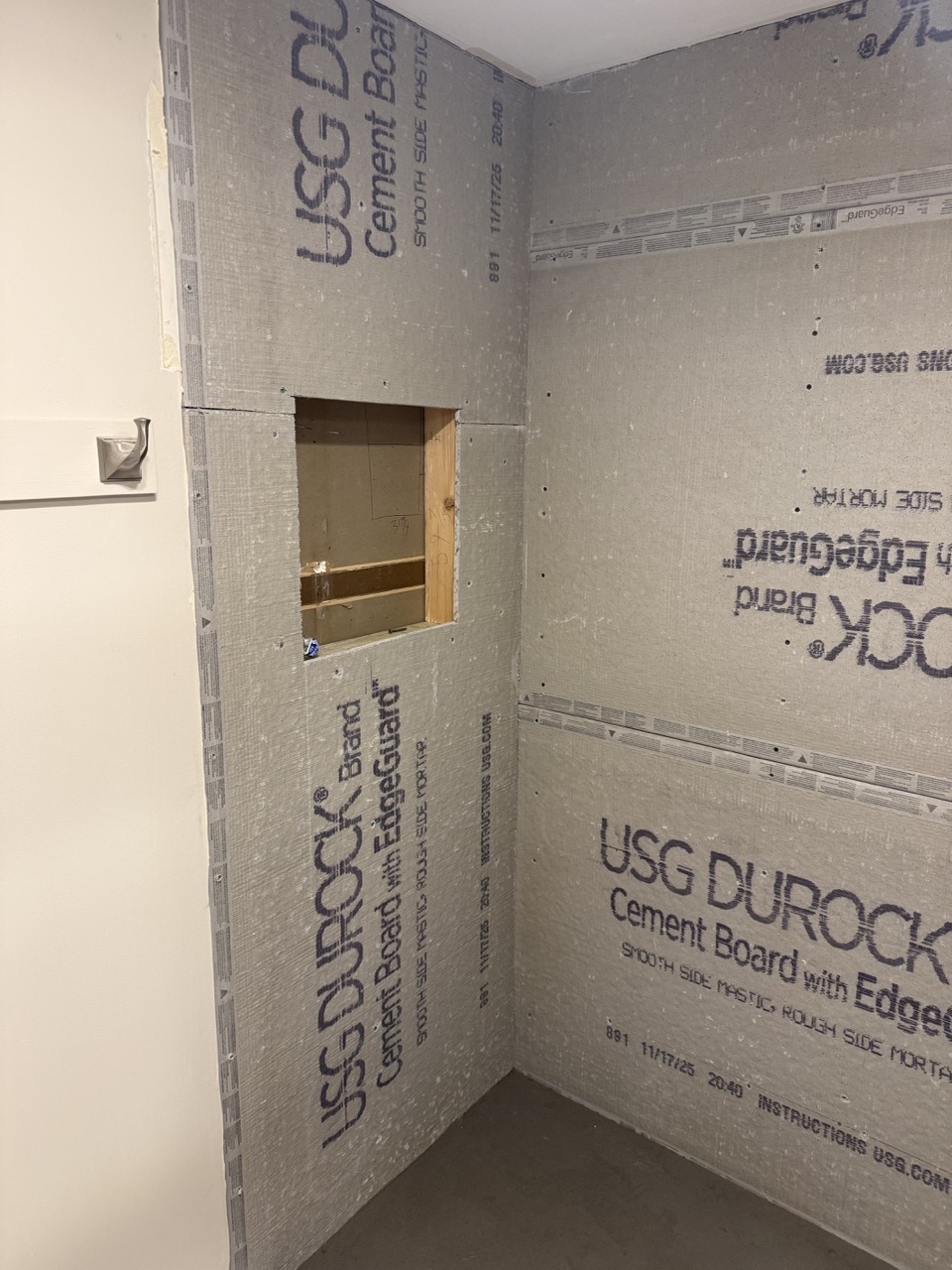Posted By RichC on March 3, 2026
It came as no surprise that TheHustings would ask for a few different thoughts on the recent events in the Middle East … and  although I posted something short and sweet to mark the “news” of the weekend, it wasn’t particularly thoughtful.
although I posted something short and sweet to mark the “news” of the weekend, it wasn’t particularly thoughtful.
So … instead of starting my taxes on Sunday afternoon as planned, I opted to write something and submit it to the editor … for the right-column of course (published on 3/2/2026). 😉
Operation Epic Fury: Strength in Defense of the Free World
Saturday’s headlines were historic but hardly shocking. A coordinated U.S. and Israeli operation, reportedly targeting the heart of Iran’s military and nuclear infrastructure, marks a decisive turning point in a decades-long confrontation with the Islamic regime in Tehran. The reported death of Ali Khamenei underscores the magnitude of what just occurred.
Iran’s retaliatory missile launches toward Israel and American bases were predictable. The regime has always relied on escalation and intimidation. What may be different this time is the resolve on the other side.
For years, successive administrations tried diplomacy, sanctions and strategic patience. According to statements from President Donald Trump, renewed efforts were made to negotiate constraints on Iran’s nuclear ambitions and its sponsorship of regional terror networks. Those efforts failed, not because of Western intransigence, but because the regime in Tehran has never truly abandoned its revolutionary mission: export extremism, threaten Israel and outlast the West.
There comes a point when negotiations become theater. When a regime chants “Death to America,” funds proxy militias across the Middle East, arms groups bent on Israel’s destruction, and continues advancing its nuclear capabilities, deterrence must replace dialogue.
Israel has lived under that threat for decades. No nation can be expected to tolerate a hostile power that openly calls for its elimination while working toward nuclear capability. The Jewish state’s right to defend itself is not merely a slogan; it is a moral and strategic imperative. The United States, as Israel’s closest ally and as a guarantor of broader regional stability, has a parallel responsibility.
This moment is sobering. Civilian casualties are tragic. The prospect of wider regional conflict is real. No serious observer celebrates war. But it is equally serious to acknowledge that peace built on illusion is not peace at all. A nuclear-armed Iran would not stabilize the region; it would ignite an arms race, embolden terror proxies and permanently destabilize global security.
There is also a deeper question at stake when it comes to the future of the Iranian people. For most of the past half-century, they have lived under a regime that suppresses dissent, jails critics and diverts national wealth to ideological warfare. Many Iranians have bravely protested at great personal cost. If this operation weakens the regime’s grip and opens space for reform or transformation, history may judge it as more than a military strike — it may be remembered as the beginning of a national reckoning.
Strength, when exercised reluctantly but decisively, can prevent far greater bloodshed. The United States and Israel did not seek this confrontation; they endured years of provocation and failed diplomacy before acting. In a dangerous world, credibility matters. When red lines are crossed without consequence, aggressors advance. When they are enforced, deterrence is restored.
The coming days will test resolve. Iran’s proxies may lash out. Global opinion will fracture. But the central truth remains: the free world cannot allow a regime committed to its destruction to obtain the ultimate weapon. If Operation Epic Fury signals that era is over, then however grave the moment feels, it may ultimately prove necessary.
Category: Archive, Millitary, News, Personal |
No Comments »
Tags: commentary, freedom, iran, israel, operation epic fury, president trump, thehustings, united states, war
 that much timber? The other map on the left shows where the Oil Reserves of North America are located. Interesting!
that much timber? The other map on the left shows where the Oil Reserves of North America are located. Interesting! 













